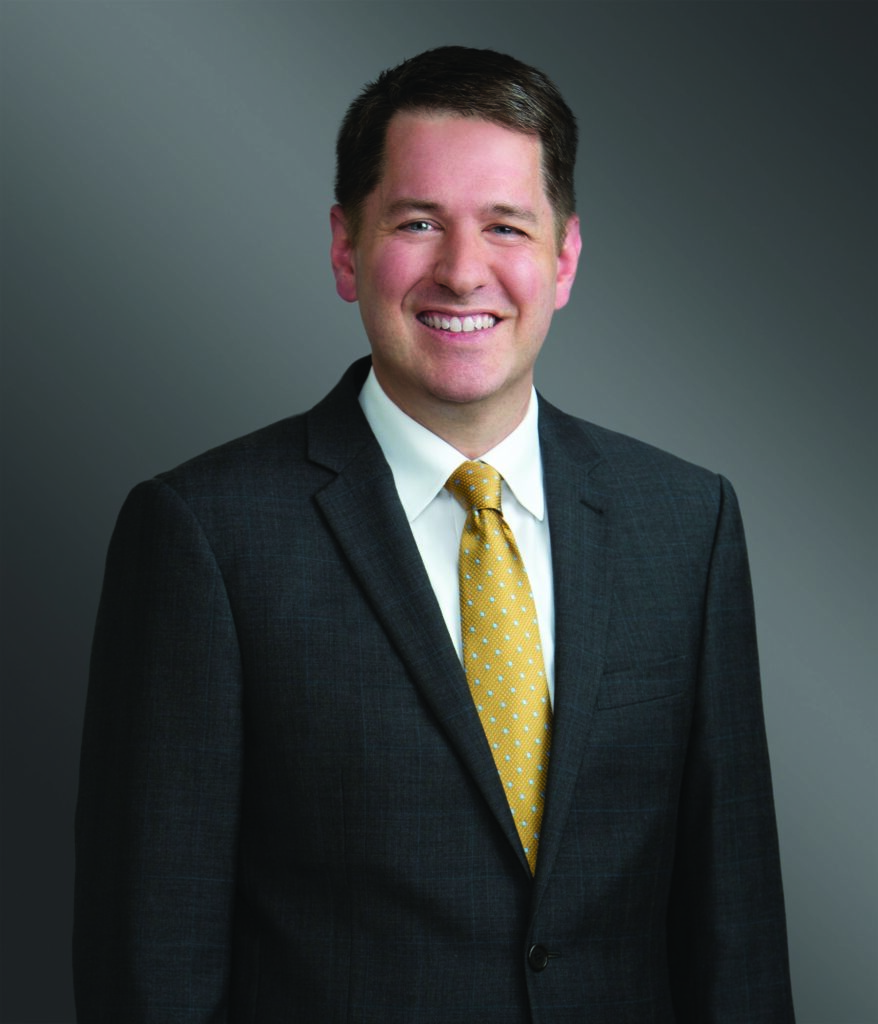Greenberg Traurig has been adding depth across its Texas offices over the last three months, including bringing on corporate healthcare partner Adam Laughton from Seyfarth Shaw over the summer.
Laughton has handled dozens of transactions for healthcare facilities, physicians, pharmacies, laboratories and other service providers over his 14-year career. He also advises startups, entrepreneurs and provider joint ventures.
Shari Heyen, managing shareholder of Greenberg Traurig’s Houston office, said Laughton’s “knowledge and experience in regulatory and compliance matters will make him a valued asset to our clients and the firm.”
The Texas Lawbook caught up with Laughton about why he moved to GT and the kinds of transactions he has been working on this year.

The Texas Lawbook: Why did you make the move to GT?
Adam Laughton: Greenberg Traurig offered me people that I was excited to work with. I spoke to several firms but at Greenberg Traurig I found real energy behind promoting and growing my health law practice.
The Lawbook: What are one or two of the most interesting transactions you have handled recently?
Laughton: Consolidation in the physician industry is continuing to accelerate, and I have been fortunate to work with physicians and large platforms looking to acquire practices recently.
The Lawbook: What issues are keeping your healthcare clients up at night?
Laughton: The federal No Surprises Act, the Dobbs decision, and the continuing transition out of COVID-19.
The Lawbook: What are the emerging trends/key developments in your healthcare practice that you are following?
Laughton: There’s always a new slate of rules coming from the federal government, so every year is a new adventure. However, the items that I am following the most closely are the effects (in Texas and other states) of the end of Roe vs. Wade, as well as how the industry moves out of COVID-19 emergency measures like expansions of telehealth and the like.
The Lawbook: What did you learn as a summer clerk to the Chief Justice of the Utah Supreme Court?
Laughton: This was my first “real job” as a lawyer, even if it was only a summer internship. I got a lot of insight into how the appellate process works and how judges formulate the law and their decisions. I do not do anything with appellate law in my practice now, but I carry those insights about the process and the formulation of laws and regulations with me to this day.
